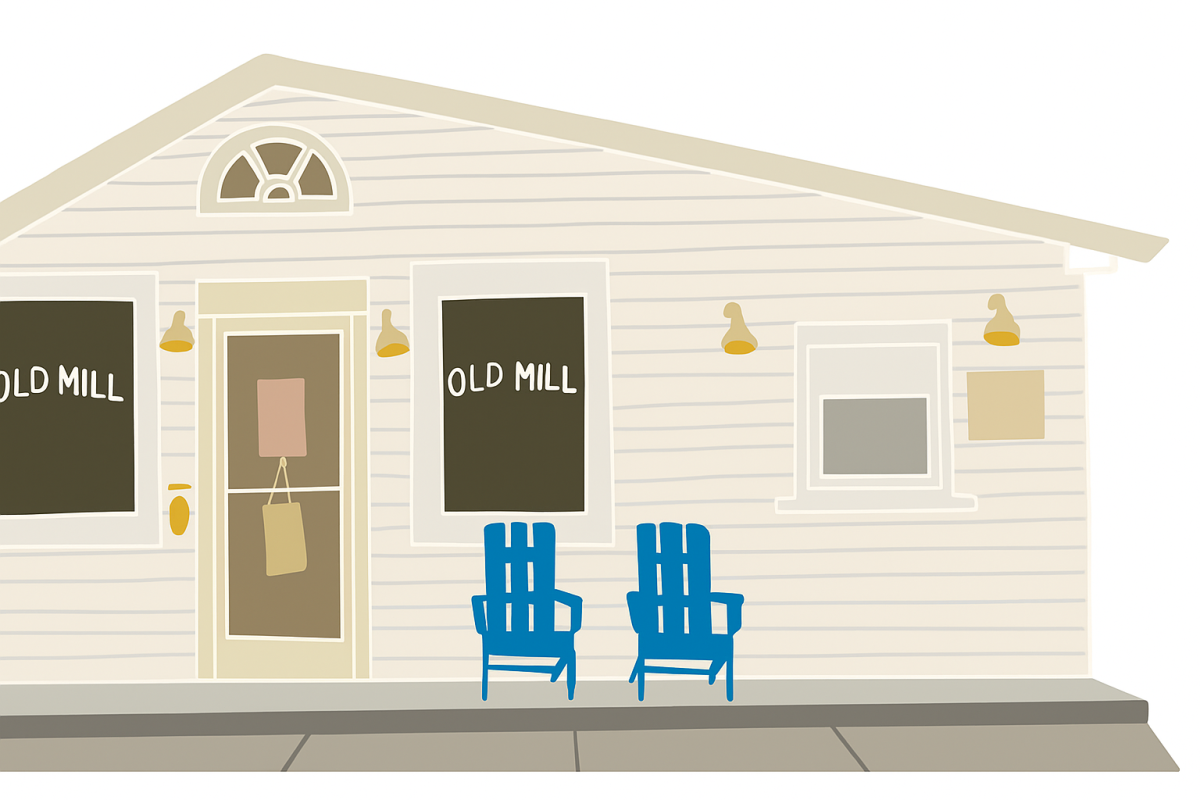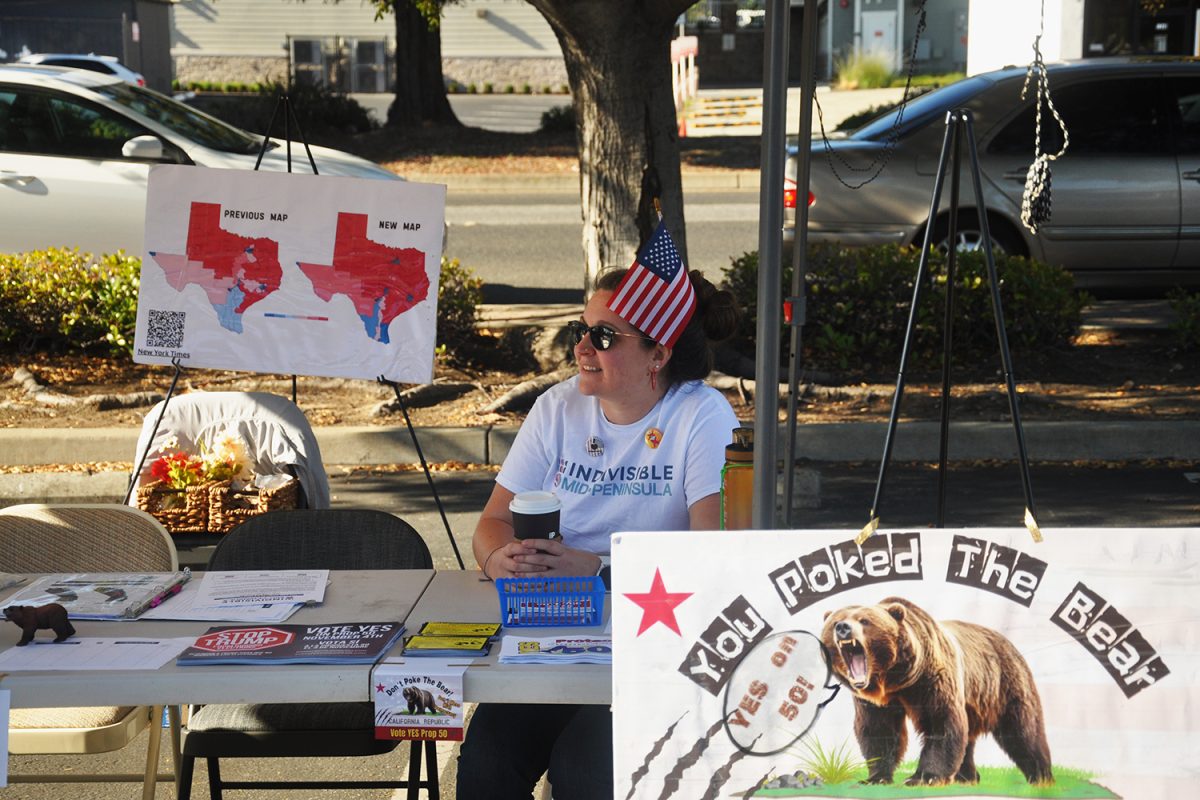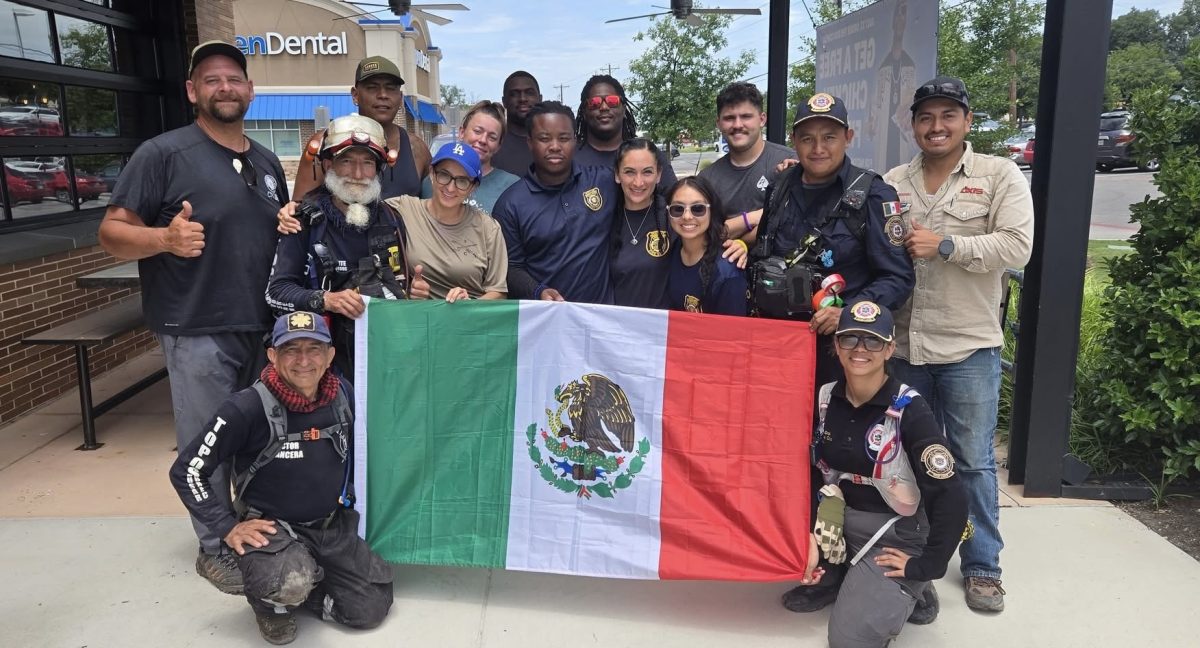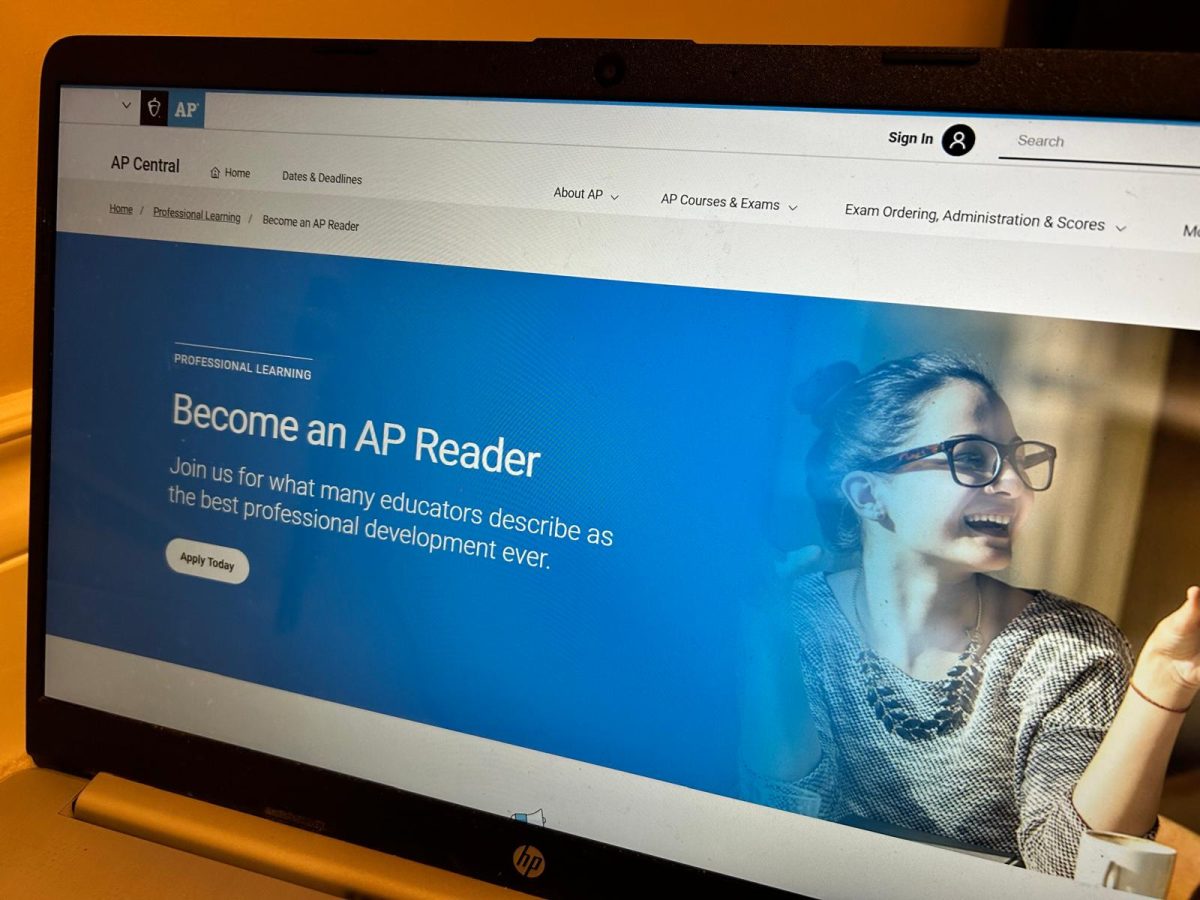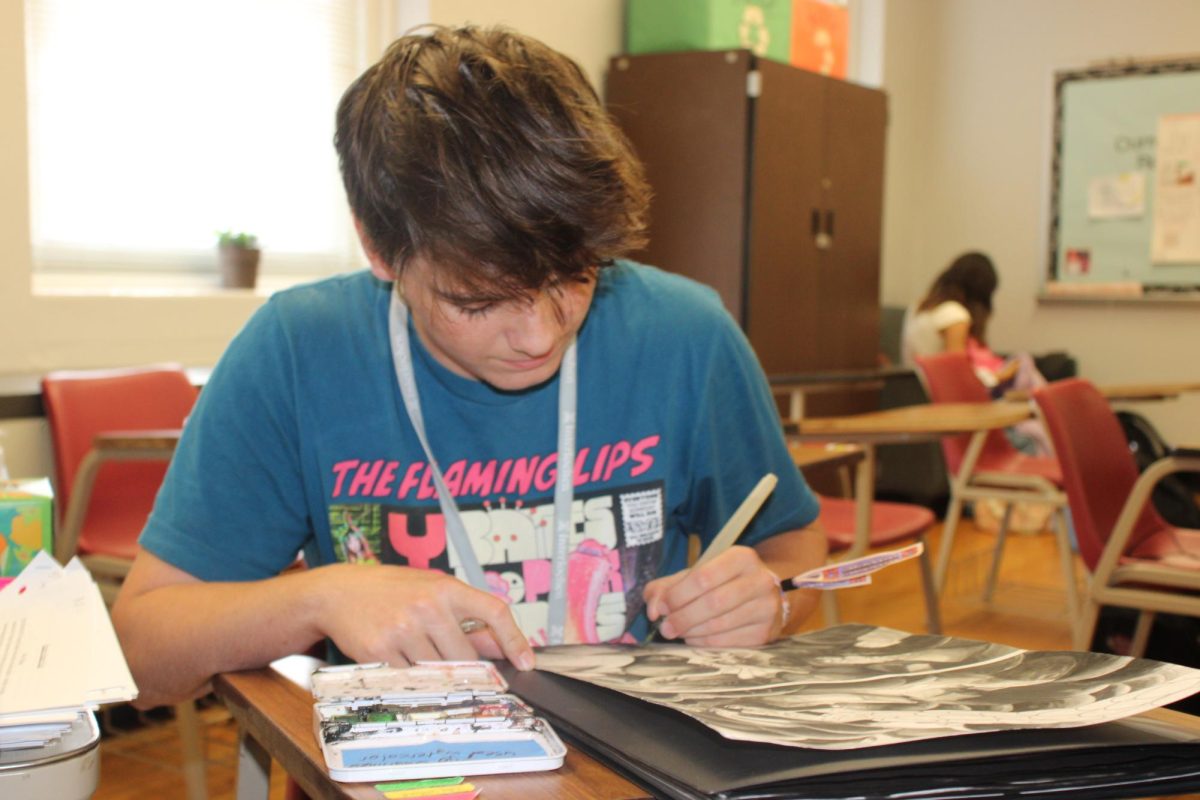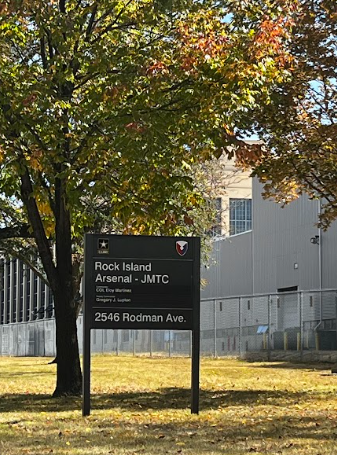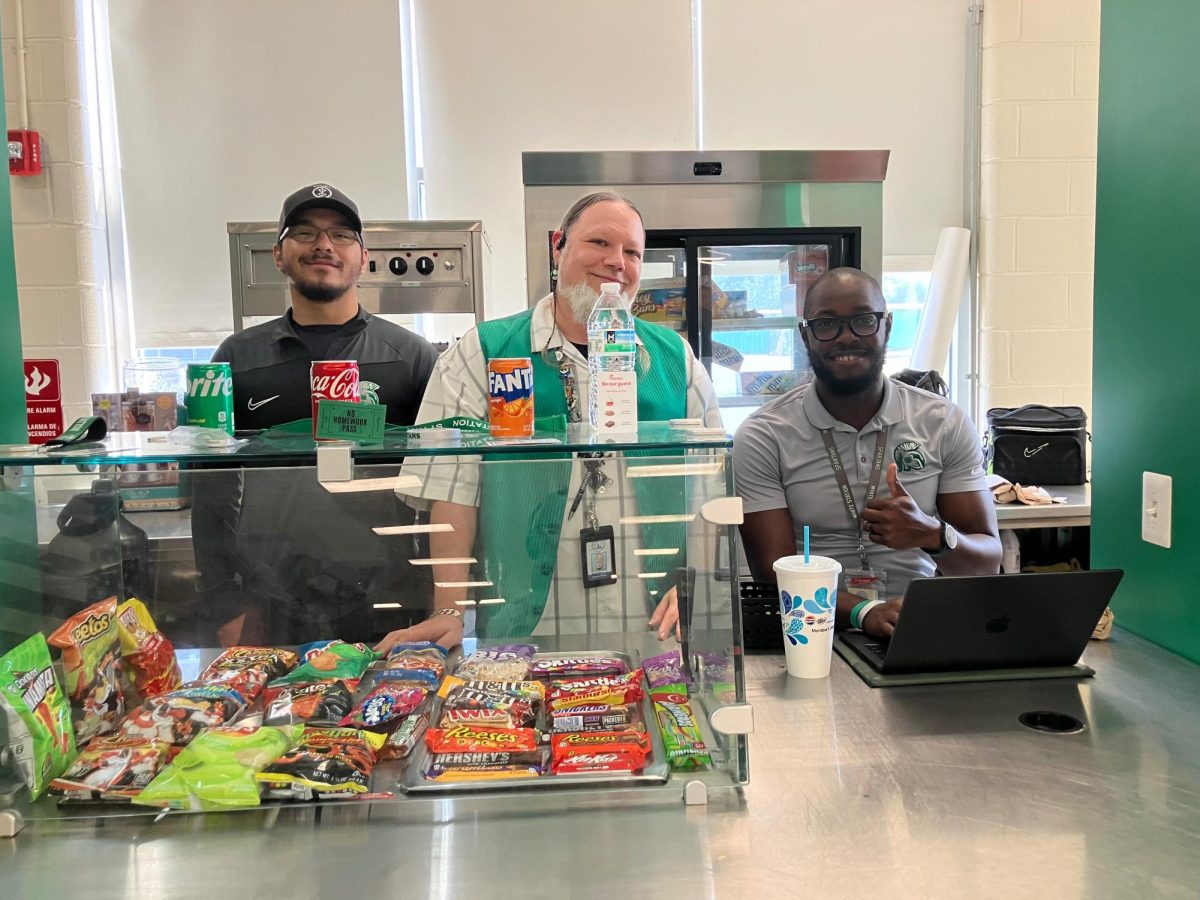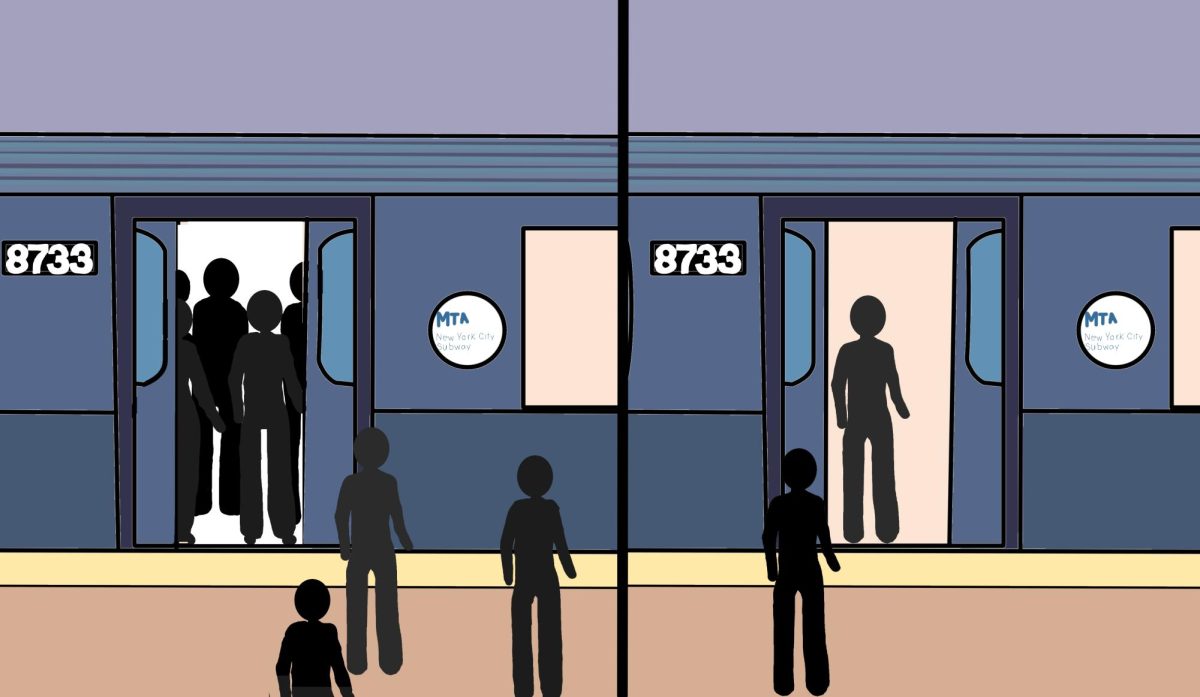Immigration and Customs Enforcement officials and the NYPD stopped a Bronx River High School student twice in one week this winter. On both occasions, Hashan Chowdhury, an honor student and U.S. citizen, said he provided ID.
“I was stopped twice, once at Hunts Point and another on my way to work,” Hashan, 17, said.
On Jan. 22, Hashan says he was stopped by authorities inside the Hunts Point subway station. Three days later, on the morning of Jan. 25, he faced a similar situation near Dunkin’ Donuts in Castle Hill. Hashan says that during the first encounter, an officer accused him of possessing a fake ID and questioned his legal status in the country.
At Hunts Point, Hashan says he was surrounded by a group of NYPD officers and two ICE agents. They questioned him about his age and residence. On his way to work, he said three NYPD officers detained him by the arm, asking for proof of identity. After presenting his ID, dispatch verified it, he said.
The Bronx River News emailed the NYPD for a comment but the police did not respond to a request for information.
Since President Trump took office, a wave of fear has swept through Bronx neighborhoods, as ICE agents have intensified their search for undocumented immigrants, leaving many families anxious and uncertain about their future. Trump’s administration emphasized targeting undocumented criminals, such as mob leaders and individuals involved in serious crimes against the United States. But agents have also been stopping U.S. citizens, including students such as Hashan.
These incidents reflect a growing atmosphere of fear within neighborhoods once lively with daily life. Many areas now echo with silence as families live in constant worry of immigration crackdowns that could separate them at any moment. Many undocumented students worry about attending school, fearing they might return to an empty home if their parents are detained.
Fahima Akter, a senior at Bronx River, explained how life has changed for her family. Before the increased ICE enforcement, carrying documents was not a concern. However, after her father saw someone being arrested without their papers, “He now insists that my sister and I carry our documents,” Fahima said, highlighting the precautionary measures her family has taken.
Local bodegas, once thriving with activity, now face quieter days. Stores are emptier, and the streets, once filled with vendors selling flowers and pastries, seem deserted. Not to mention, the train stations that once were packed with people aren’t as crowded.
“The streets are now empty; it’s like a ghost town,’’ said Hawaou Kobeogo, a sophomore at Bronx River, describing the shift in daily life since the policies were announced.
Palm Tree Marketplace, located at 3717 Boston Post Road, is a popular spot for Caribbean groceries. Recently, the store has seen fewer customers. An employee, who wished to remain anonymous, said, “We have fewer staff working each day as more employees call out sick.”
Stephanie Decicco, a teacher at Bronx River, has observed noticeable changes since the increased presence of ICE in the community. “School attendance is down,’’ she said.
According to NYC public schools’ guidelines on immigration, NYC public schools do not consent to non-local law enforcement, including ICE, accessing school facilities under any circumstances. School principals and staff cannot grant consent. Moreover, any warrant presented by non-local law enforcement, like ICE, must be thoroughly evaluated to ensure it is judicially valid. The guidelines emphasize the importance of obtaining a copy of the warrant and consulting the School Facilities Coordinator before granting access.
This story was originally published on Bronx River News on February 11, 2025.


